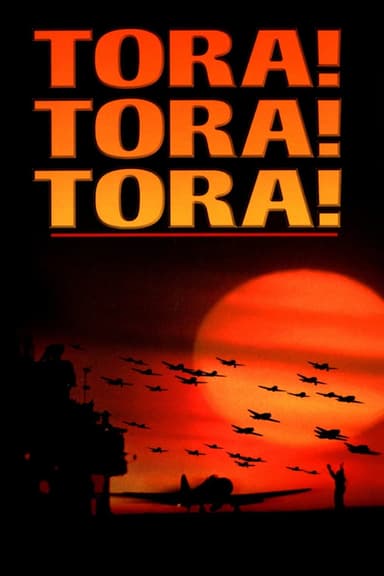
Hart's War
2002 • Drama, War • R
When Col. William McNamara is stripped of his freedom in a German POW camp, he's determined to keep on fighting even from behind enemy lines. Enlisting the help of a young lieutenant in a brilliant plot against his captors, McNamara risks everything on a mission to free his men and change the outcome of the war.
Runtime: 2h 5m
Why you should read the novel
Reading John Katzenbach's 'Hart's War' provides an immersive exploration into the psychological and moral complexities of life in a WWII prisoner-of-war camp that the film can only hint at. The novel delves deeply into the personalities, backgrounds, and motivations of its diverse cast of characters, allowing readers to grasp the nuance and internal conflicts that drive the narrative. The book's detailed descriptions and probing narrative perspective offer a level of historical context and emotional depth that surpasses what can be accomplished on screen.
Unlike the movie, the novel offers a layered, suspenseful plot that develops at a deliberate pace, creating growing tension and a richer understanding of the events and stakes involved. It allows for a more thorough exploration of the courtroom drama that lies at the story's heart, highlighting the moral ambiguities and difficult choices faced by each character. Character arcs unfold in a way that rewards attentive readers and encourages thoughtful reflection about issues of honor, prejudice, and duty during wartime.
Finally, Katzenbach's prose brings the grim realities and small triumphs of POW life vividly to life, immersing readers in an authentic and compelling historical setting. The book explores themes of loyalty, justice, and integrity through a multifaceted lens, making it ideal for those who appreciate intricate storytelling and nuanced character studies. If you want the full, complex scope of the story and its enduring moral questions, reading the novel is essential.
Adaptation differences
The adaptation of 'Hart's War' to film brought with it several changes that significantly altered the tone and focus of John Katzenbach's original novel. One of the most prominent differences is the centrality of the murder mystery and trial in the book, whereas the film places much more emphasis on action and external conflict, including daring escape attempts and subplots involving sabotage. The novel's methodical pacing and gradual character development give way to the film's more condensed, fast-paced structure, which can obscure some of the story's deeper nuances.
Characterization is also distinctly different between the book and the film. In the novel, Lieutenant Thomas Hart is portrayed as a more passive and introspective figure, grappling with internal dilemmas and his ambiguous status within the camp. The film, in contrast, makes Hart a more active participant in the unfolding events, heightening his role in the action and giving him a clearer moral arc. Additionally, secondary characters who are well developed and crucial to the investigation in the book are often reduced or altered in the film, streamlining the narrative but losing important layers of motivation and tension.
Another notable distinction is how themes of race and prejudice are handled. While both the book and the movie tackle racism within the POW camp, the novel presents these issues in a more subtle and sustained manner, integrating them into the courtroom proceedings and the relationships between prisoners. The film tends to emphasize these themes more overtly and sometimes simplistically, positioning them as key plot devices rather than the gradual, complex forces depicted in the novel. As a result, certain plot points and motivations are rendered less ambiguous and more melodramatic in the adaptation.
Perhaps most critically, the ending of the film diverges substantially from that of the book. Without spoiling specifics, the movie opts for a more heroic, redemptive conclusion, altering certain characters' fates and the ultimate resolution of the trial. This change shifts the tone from the book’s more morally ambiguous and somber ending, fundamentally altering the impact and lingering questions that the novel leaves with the reader.
Hart's War inspired from
Hart's War
by John Katzenbach











